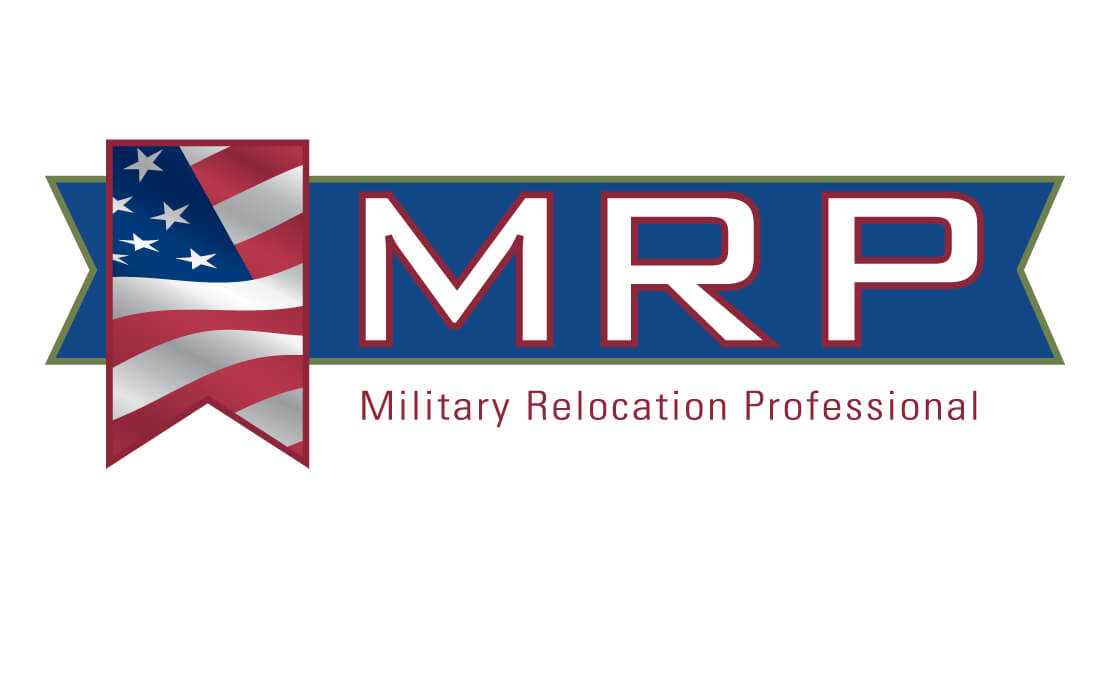Moving Checklist
Moving can be a hassle, but having a well though out plan can minimize the stress of packing and moving. This list can help organize even the most cluttered areas and make the process easier before the move, during the move, and after you’ve started settling into your new home.
One Month Before the move:
- Contact several local moving companies and ask for written estimates.
- Research the moving companies insurer and find out what the claims process is should any of your property be damaged or lost.
- Compare and choose a moving company, make a reservation, and confirm all costs, dates, and times.
- Make sure your address has been updated at the post office. This can even be completed online.
- Update your address with the IRS.
- Have your medical records transferred for yourself, your spouse and your children to your new physician. Ask your current doctor for a referral to a new physician if necessary.
- Transfer any school records for your children, if applicable.
- Update the information for all of your insurance companies like auto, home etc. Find out if your belongings are covered under your current policy during the transition.
- Set up cancellation dates with utility companies including cable and any home services like lawn or pool care.
- Change the address your creditors have on file, and transfer over any magazine subscriptions or newspaper deliveries.
- Schedule installation of utilities and services at your new location.
- Begin organizing your belongings for packing.
- Plan a yard sale to reduce clutter and unnecessary items you no longer need.
- Schedule a charity pickup to donate any clothes, kitchen items, furniture, etc, that you no longer need. Donations are tax deductible!
Two Weeks Before the Move:
- Cancel utility services like electric and gas and have their termination dates set for the day after the move.
- Purchase any necessary packing supplies, or bring home boxes from work or the grocery store.
- Consider any necessary travel arrangements for the big day, and come up with a plan for pets or small children.
- Begin the packing process. Go through the home systematically and label boxes clearly. If possible, try to make a neat, organized list of what each box contains. Leave items that are still needed daily out, preferably in a centralized location and pack this box last.
One Week Before the Move:
- Make sure that your reservations with the moving company or truck rental are confirmed.
- Put all your important documents in one secure place. These should be carried with you during the moving process and not packed away with everything else.
- Call your local pharmacy and have your prescriptions transferred.
- Move or transfer your existing bank accounts and make sure to order checks that show your new address.
- Notify your friends and family of your new address via postcards or online.
- Return any library books, movies, or other items that you have borrowed from friends or coworkers.
- Make sure your almost-former home is cleaned thoroughly. Don’t forget to empty the cupboards and appliances.
The Day Before the Move:
- Visit the ATM to have cash on hand for anything unexpected.
- Buy water and snacks to keep hydrated during the moving process.
- Pack the last of your belongings, but leave out a change of clothes and any toiletries to be carried with you.
Moving Day:
- Make a note of all your meter readings to check against the balances on your final bills.
- If you’ve hired movers, supervise them and offer guidance for special items. Confirm any details with them about your destination’s address and what time your items will be delivered.
- Confirm your travel plans with a friend or family member and notify them where you’ll be staying if moving will take longer than one day.
- Make sure to arrive at your destination before the movers.
After the Move:
- Visit the local DMV and update the address for your driver’s license. Exchange license plates if you have moved out of state, and register your vehicle.
- Lastly, change your address with your employer and any other creditors that may have been overlooked.







